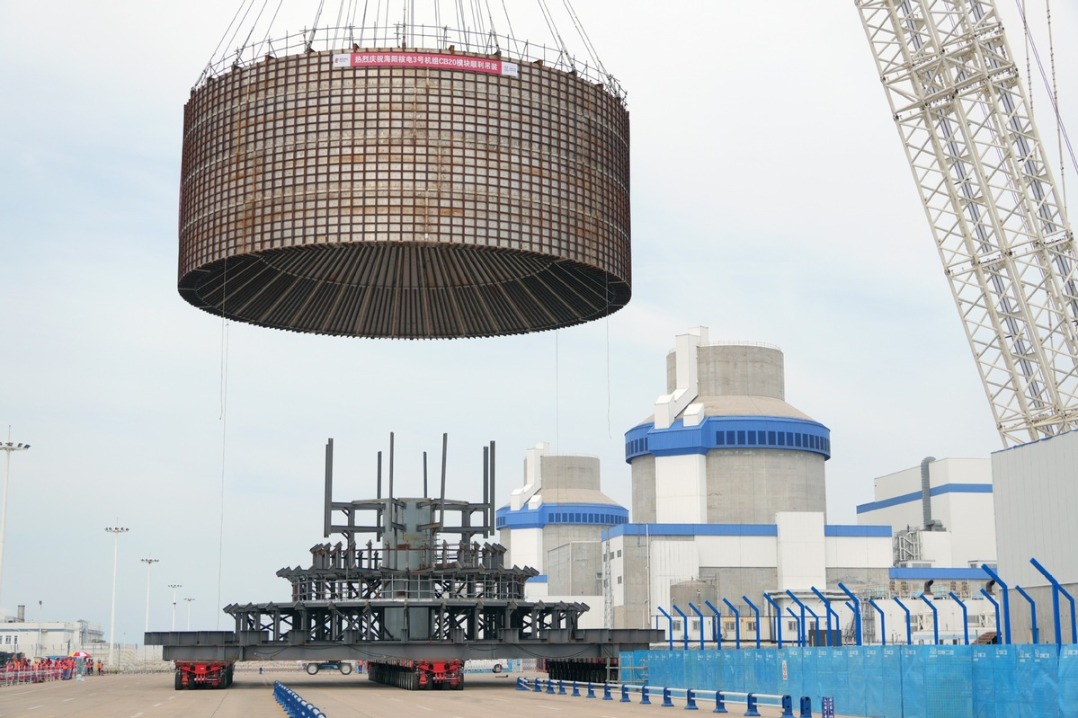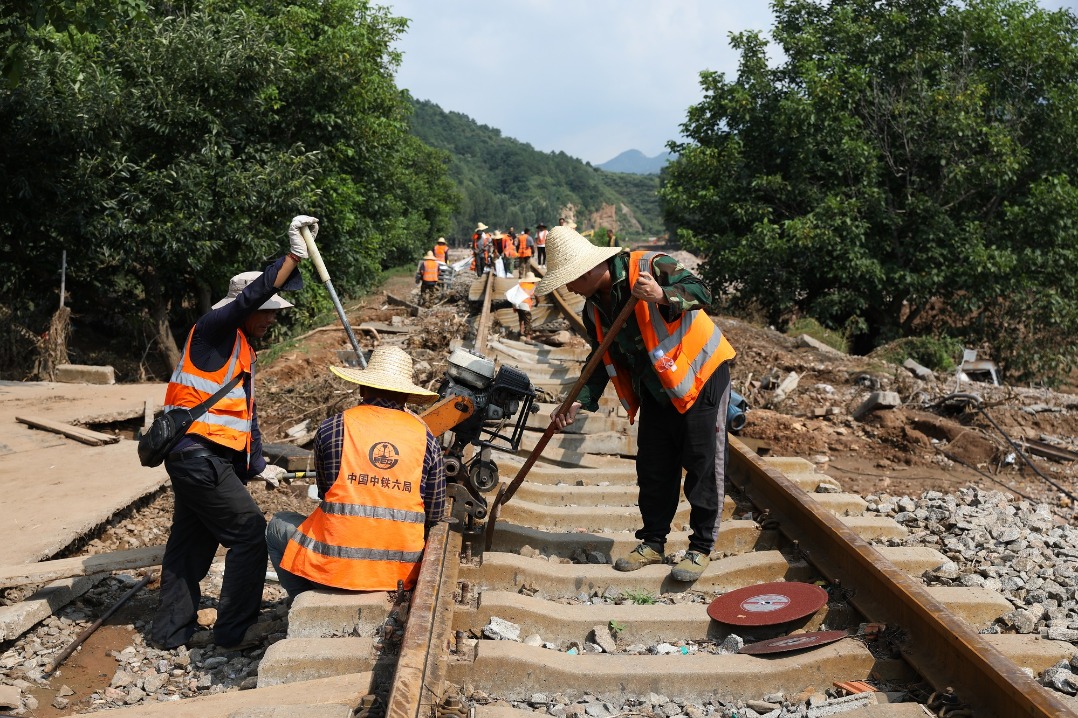Study reveals how ancient climate crisis offers warning for today

A collaborative study by Chinese and US scientists revealed how a massive carbon release 56 million years ago affected ocean chemistry, offering critical insights into the effects of modern climate change.
The study, recently published in the journal Nature Geoscience, was jointly conducted by researchers from Peking University, Pennsylvania State University, University of California, Riverside, and other institutes.
The team reconstructed the state of ocean acidification during the Paleocene-Eocene Thermal Maximum, a climate event marked by a significant rise in global temperatures and a major disruption to ecosystems. The study found striking parallels between ocean acidification during the PETM and current trends caused by rising atmospheric carbon dioxide.
During the PETM, a surge in carbon emissions caused ocean pH to decline sharply, reducing the availability of carbonate ions needed by marine organisms to form shells — a critical component of carbon storage in oceans.
Using paleoclimate data assimilation, which combines proxy records with Earth system model simulations, the researchers reconstructed changes in ocean carbonate chemistry. They estimated that atmospheric carbon dioxide levels rose from 890 parts per million to 1,980 ppm during the PETM, accompanied by an average ocean pH decline of 0.46 units.
"These findings offer a clear warning for the future," says Li Mingsong, a professor at Peking University, adding that the decline in ocean pH during the PETM closely resembles modern projections under high-emissions scenarios.
Li notes that the current carbon emission rate is much faster than during the PETM, posing a severe threat to marine ecosystems and biodiversity.
"The PETM, which lasted about 200,000 years, provides a natural analog for what unchecked carbon emissions could do today," Li says. "The accelerated emissions we face today present an even greater, long-term threat to marine life, particularly in vulnerable regions like the Arctic."
The findings underscore the enduring consequences of elevated carbon emissions and highlight the urgent need for climate action to protect ocean health and global biodiversity, according to the researchers.
Xinhua
Today's Top News
- Pakistani minister hails high-tech ties with China
- China-US trade ties crucial for global growth
- Prospering Xizang sees surge in overseas visitors
- Central govt has final say on reincarnation of Dalai Lama
- Manila fueling tensions with its solicitations: China Daily editorial
- Bundling trade with other issues coercive approach demolishing rules-based order: China Daily editorial































